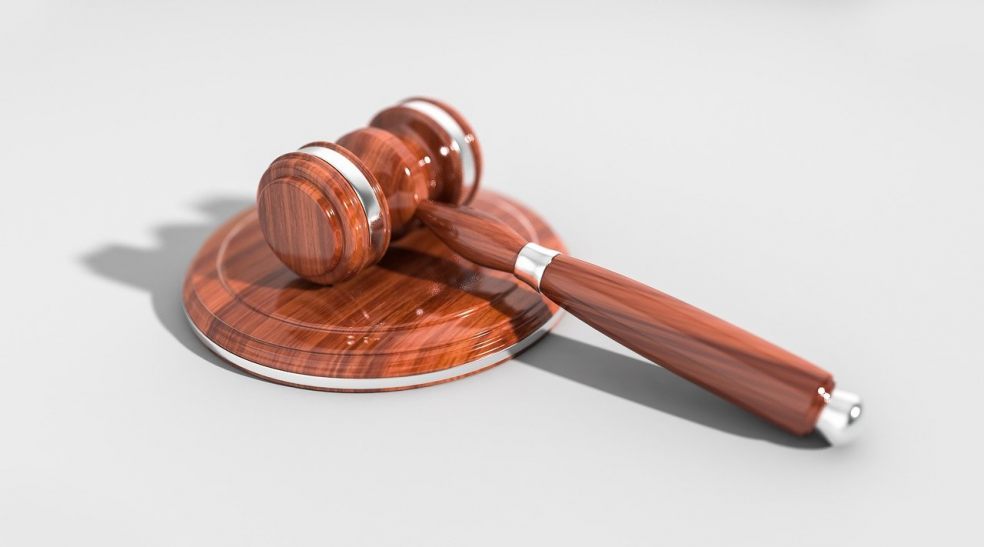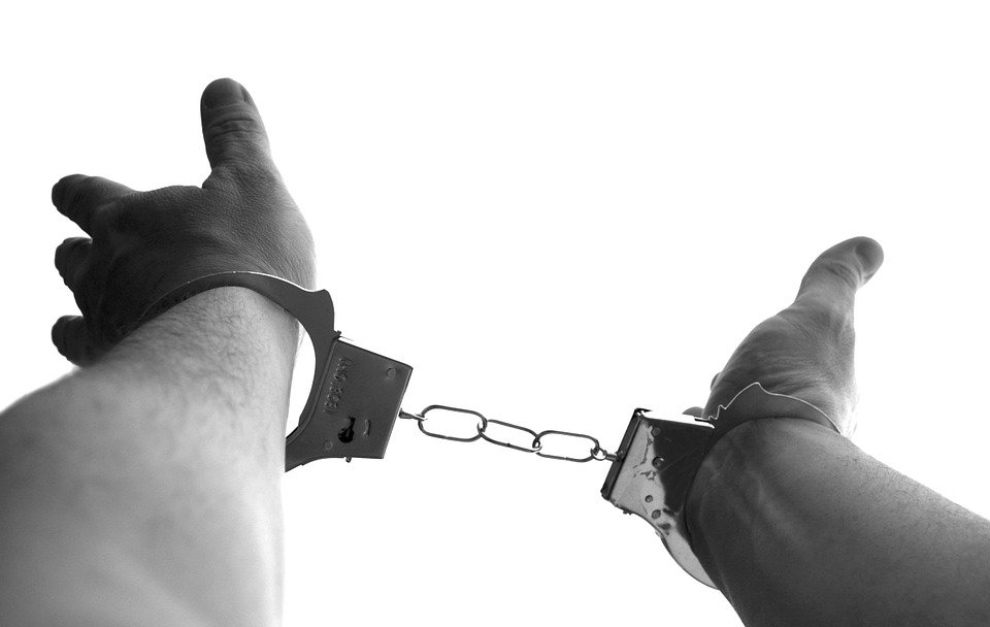
How to Protect Your Rights When Accused of a Crime
Being accused of a crime can be very traumatizing and angst-provoking, whether you are innocent or not. If you have committed a crime, you still have the same rights as a person who has not, so it is important you know what your rights are and exercise them when the time comes. If you do not preserve and protect your rights, you will, as many have before you, become a victim of the system, and may find yourself being mistreated or abused. It is important to always preserve and protect your constitutional and human rights, even with law enforcement and the judicial system.
This page will hope to tell you how to protect your rights after you have been accused of a crime. Even the guiltiest among us still have rights, but this is seemingly something law enforcement and the judicial system seem to forget, with many people being mistreated and abused, simply because they have not exercised their rights. Additionally, if you do not exercise and preserve your rights, you pave the way for injustices to be committed against other people in the future. By standing up for yourself, you ensure it can never happen again, and that if it does, people will know exactly what to do.
Here is how to protect your rights when you have been accused of a crime.
Contact an Attorney
The first thing that you will want to do when you are accused of a crime is to contact an attorney. It is your legal right to always have an attorney present when you are being interviewed or interrogated by the police. A professional attorney will be able to properly advise you as to which course of action is best for you, and how you can get out of the situation [and what the outcomes may be].
An attorney is crucial when you are fighting a case being launched against you by the police. Not only will a criminal defence lawyer be able to research the facts in your case, but additionally, according to the criminal defense attorney's from Phoenix at Ybarra Maldonado Law Group, they will be able to protect your rights and ensure you do not get abused or taken advantage of by the police. So, the first person you should call after you are arrested is who? An attorney, that’s who!
Silence
It is also your constitutional right to remain silent. This is known as the fifth amendment. The police cannot legally force a testimony out of you, and you are entitled to say nothing at all. This is not always the case, however, and some corrupt police officers will try to force a testimony out of you and will resort to bullying tactics and violence to get you to talk. This will be discussed later. When in an interview room, you are allowed to plead the fifth amendment, or in the United Kingdom, say ‘no comment’ in response to the questions asked by the police officers.
Innocence
You are also innocent until proven guilty. This means that you must be treated as an innocent person until your guilt is proven. The police in some cases will neglect this and will treat you as if you were guilty right off of the bat. This is not allowed, and this is a breach of your constitutional and human rights. If you find yourself being abused by the police, or being told you are guilty, you can launch a complaint and hopefully, the officers involved will be reprimanded and punished for what they have done.

Bullying
You also have the right to not be bullied by police officers. Unfortunately, police officers quite often take their powers for granted and use them to bully and push people around, whether to prove a point or to secure a conviction. If the police attempt to use underhanded tactics to get you to admit to something you did or did not do, you must contact a human rights lawyer. At the moment, with everything happening throughout the world, the spotlight is on the police, and asks of violence or cruelty committed by them are dealt with very harshly by the judicial systems.
If you have been abused by the police, whether physically or mentally, you should contact not only a human rights lawyer but media publications, too. Publicizing your story will bring attention to injustices committed by the police against members of the public, and it will serve to ensure that they cannot do it to anybody again. We live in a world where acts of violence committed by the police are no longer tolerated, and when they emerge, we must stamp them out and ensure they do not and cannot happen ever again.
Self-Incrimination
Self-incrimination is a problem many criminals have. They have a tendency to incriminate themselves, leave evidence around, or say things that indicate that they are responsible for a crime [even if they are not]. Avoiding self-incrimination is essential should you want to be treated fairly and justly. Many people incriminate themselves and are then shocked when they are treated as if they are guilty. Self-incrimination is a crime against yourself. Even if you are not guilty, it is very easy to incriminate yourself by telling small lies or trying to talk your way out of a situation. Be honest and forthcoming, and never admit to something you know that you have had no part in, lest you become a victim to the system.
Evidence
If you are dealing with the police and not in a police station, it may be worth recording your interaction so that you can compile evidence against them in the instance that they abuse you. Having evidence to prove that the police have been abusing you is a great way for you to prove your innocence and protect your rights. Many cases have been launched in the aftermath of police abuses, and many people have received large sums of compensation.
Now, with the help of this page, you know how to protect your rights, and ensure you do not become the victim of mistreatment by the police. The police will, in some cases, go out of their way to victimize you. You mustn’t allow this to stand.




















